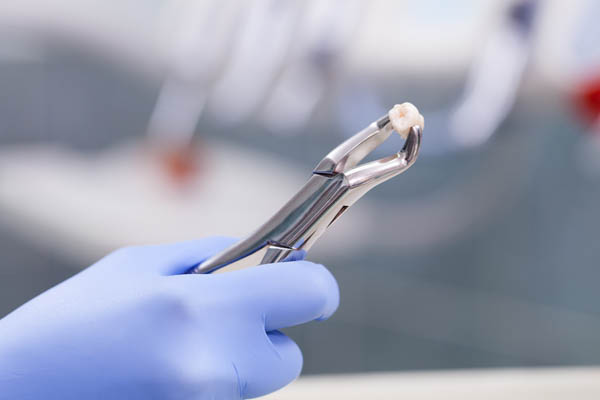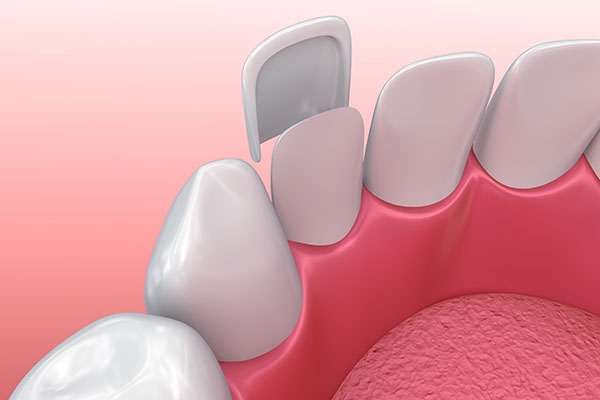Reasons You Might Need a Tooth Extraction
Sometimes a is necessary. This procedure is not an easy thing to do, but it is often crucial for maintaining oral health, especially when leaving the affected tooth could cause other, usually much more severe health concerns. Some of the reasons for tooth extraction can be avoided with preventive care like dental checkups and good oral hygiene. In contrast, others such as trauma, impaction and overcrowding are just unavoidable.
The need for tooth extraction
Here are some major reasons why someone might need to get a tooth removed:
Impaction
Tooth impaction happens when the eruption of a tooth pushes right against another tooth. The tooth is unable to come through the gum and prone to infection, causing inflammation or bleeding gums. People dealing with this situation usually experience pain and swelling around the jaw and may be unable to open their mouths.
The common tooth affected by this condition is the wisdom tooth, the third and final set of molars that do not have enough space to erupt upright, so they eventually grow inward, pushing against the rest of the teeth. It is advisable to have the wisdom teeth removed before they wreak more havoc on the rest of the teeth.
Overcrowding
Tooth impaction can also lead to teeth overcrowding, consequently causing a straight and aligned smile to get crooked. Extracting a problematic tooth can free up space on the jaw. This is often a crucial part of teeth straightening treatment.
Tooth infection
The accumulation of plaque and tartar causes tooth decay. The deposits eat into the tooth enamel, weakening the tooth. If the decay is not treated on time, an infection may set in, causing pain and inflammation. Once the condition gets to this, it may be necessary to remove and replace the tooth before the infection spreads further, causing health concerns.
Gum disease
Like tooth decay, gum disease is also often caused by the build-up of plaque and tartar on the teeth. Gingivitis and periodontitis are common forms of gum disease and cause inflammation of the gums, as well as the bones and tissues supporting the teeth. If the structure of the bone or gum becomes compromised, tooth extraction might be necessary to save the surrounding teeth.
Trauma
The teeth are usually one of the first casualties in an accident. Whether it is from a sporting event or an auto crash, accidents can cause damages to the teeth. Sometimes, the damage is too severe that saving the tooth is nearly impossible. In this case, tooth extraction is a necessary part of the recovery process. Otherwise, the damaged tooth may become infected, and that may cause further issues.
In conclusion
It is important to note that the general dentist will try other solutions possible before recommending a tooth extraction. However, in some cases, removing the tooth is the only to protect the rest of the teeth and oral health. If you think you might need to undergo tooth removal, contact the dental office to book an appointment.
Request an appointment here: https://bcdentalneedham.com or call Brede Ciapciak Dental at (781) 443-8134 for an appointment in our Needham office.
Check out what others are saying about our dental services on Yelp: .
Recent Posts
Tooth extraction can be a frightening concept, especially for those who have never had a tooth removed before and are not sure what to expect or those who have had a bad experience with extraction in the past. However, there are various things you and your dentist or oral surgeon can do to help mentally…
Tooth extraction is a safe, relatively quick procedure. Still, it’s a good idea to understand the procedure and prepare for it as best as possible. This will make both the procedure and the post-surgical recovery go as smoothly as possible. The dentist or surgeon performing the surgery will likely want to know your medical history beforehand.…
Dental problems can happen at any time and often require immediate help to relieve pain and avoid potential complications. If you have urgent dental concerns, you might look for an emergency dentist or a same day dentist. Knowing the difference between these dental professionals can help you choose the best option for your needs.An emergency…
If you have an abscessed tooth, then a visit to an emergency dentist is important for you. An abscessed tooth is caused by a bacterial infection that causes a pocket of pus to form in different parts of the tooth. This can lead to medium to strong pain that can radiate from the ear to…


